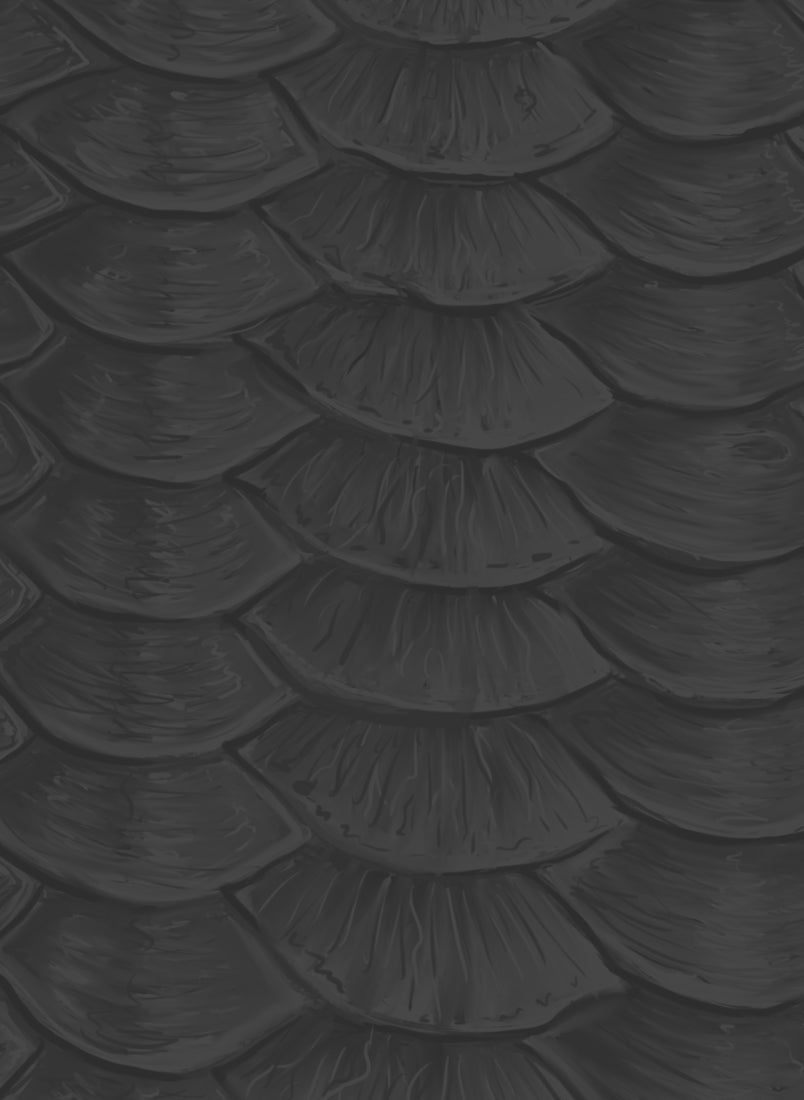Here at Yellow Dog Flyfishing Adventures, we preach to all our valued clients how vital it is to wash all your gear after a trip. This will prolong the life of your expensive fly tackle. You must make sure your gear is ready for your next fly fishing vacation. This does not take long and I have found doing all this also reveals breakage and other issues with my tackle! I was just buffing one of my rods two days ago after a recent hosted trip to Los Roques, where I set up our 22 guests with demo gear. As I got to the tip of one of the rods while cleaning it, I noticed there was a minor abrasion, flexed the tip, and it easily snapped off. It is much better to figure this out right after a trip so that you have plenty of time to remedy the problem. There is nothing worse than pulling out your rod from its case on the first day of a new trip, and the rod tip is cracked. Also, inspect all your lines for cracks, and I will often re-tie all my knots for my butt sections.
How to Clean Your Fishing Gear
Step 1: Wash Your Rods/Reels With Hot Running Water and Mild Soap
Use hot running water and mild soap to clean all your gear, then oil the reel and buff your rods. When cleaning my rods and reels, I like to use a toothbrush to get into all the nooks and crannies.
Step 2: Apply Reel Lube and Soak Your Other Gear
After you have washed your rods and reels, take some time to apply some oil to your fly reel. A great reel oil product is made by our friends at Loon: Loon Reel Lube. Utilizing this product after each saltwater fishing trip will extend the life of your fly reel. In addition, be sure the drag on your reel is all the way off, so as not to compress the drag. Storing your reel with the drag setting turned "on" or on a substantial drag setting can ruin your reel. Lower the drag setting to the lowest possible when not in use to preserve your drag! Wash your wading boots, luggage, rain jacket, sunglasses, pliers, nippers, backpacks, hip packs, and just about anything else that came into contact with the saltwater. You can soak them in a tub full of hot, soapy water, followed by running them over tap water and letting them completely dry.
Step 3: Check Your Flies
Flies always tend to go unnoticed after you finish a saltwater trip. A lot of us have invested a lot of money and/or time tying fly patterns. To get the most out of your flies wash any that came into contact with the salt. Make sure there is no rust on your hooks! If there is rust then toss that fly.
Step 4: Air Dry
A few words of caution - always ensure your fly box, rods, reels, etc... are completely dry before you store it. You would hate to close your damp fly box and then later find that all of the hooks are rusted!
If that isn't enough to make you wash your gear, there is also another very important issue: stopping the spread of invasive species. Regardless of the destination, it’s very important we all be noble stewards of the resource and make certain to keep our gear clean.
If you do all this after each trip you will be ready for any last-minute trip. Always be ready to jump on a plane or in your car and go fishing! I tend to repack my gear after cleaning it all and use the same but separate luggage for salt and fresh water trips, so that I'm pretty much already packed. Toss in some fresh clothes and your toiletries and you are ready to head out for your next fly fishing vacation!
Related Articles:





























